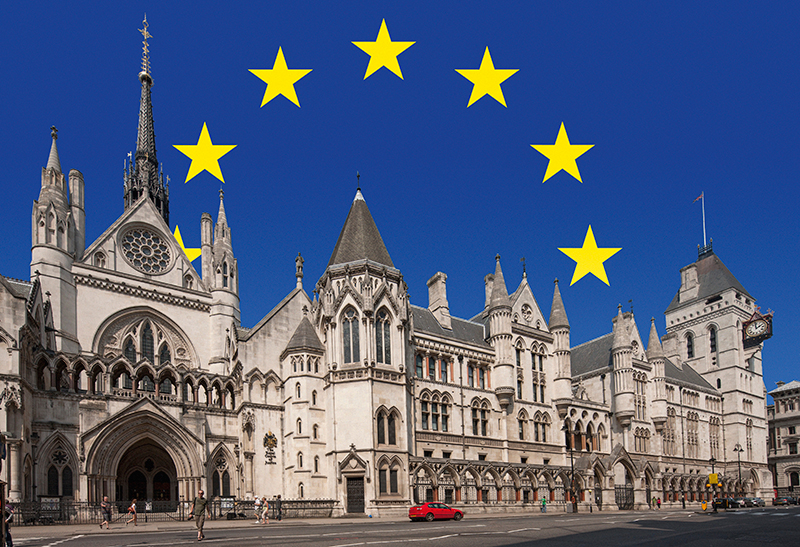
What do those hurt outside the EU have to show to get their PI claims heard in an English court? William Wraight reports
In claims arising from accidents abroad, particular consideration needs to be given to the issue of jurisdiction. For claims arising out of accidents within the European Union, Regulation 44/2001 (the Judgments Regulation) governs the issue and, following the judgment of the European Court of Justice in FBTO v Odenbreit C-463/06 [2008] 2 All ER Comm 733; [2007] ECR I-11321, the jurisdiction of the English or Welsh courts over claims against the tortfeasor’s insurer can often be established.
For claims arising from accidents in non-EU countries, matters are not so straightforward and the permission of the court is required before proceedings can be validly served out of the jurisdiction. CPR 6.37 sets out the procedural framework for applications for such permissions and encapsulates the criteria that the court will consider, which are that:
- the claim must pass through one of the “gateways” to the jurisdiction, as are set out in









